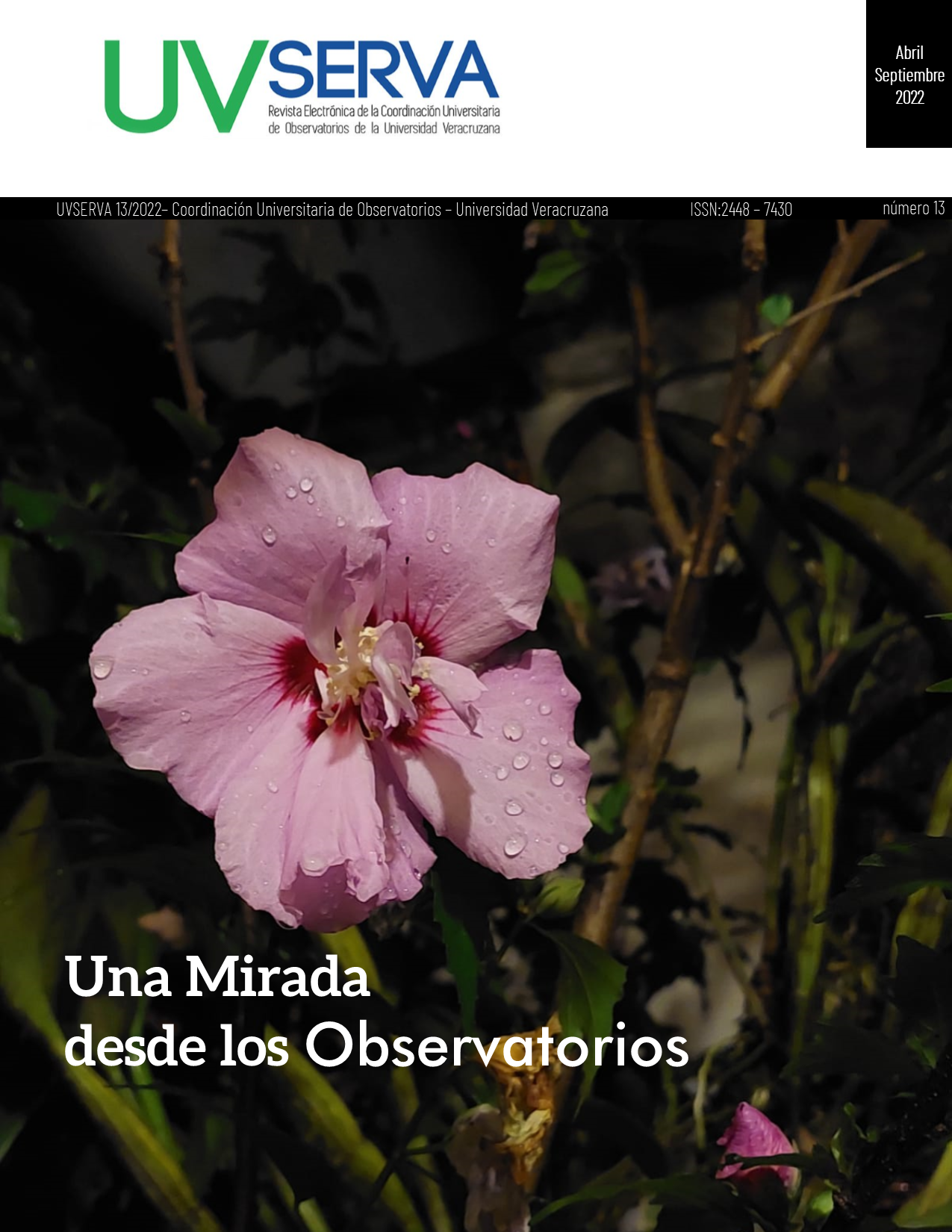Abstract
Background. Food insecurity (InSAN) is the lack of regular access to sufficient nutritious food. Resilience is the ability of a system exposed to a threat to resist, adapt, and recover from its effects in a timely and efficient manner. The Resilience Index Measurement and Analysis (RIMA) estimates household resilience to InSAN with a quantitative approach. Objective. Study the relationship between InSAN and RIMA in a vulnerable population. Methods. Cross sectional study. The Latin American and Caribbean Food Security Scale (ELCSA) and the RIMA were applied to 17 beneficiary families of a community kitchen. The correlation with the SPSS program was analyzed. Results. The ELCSA did not correlate with the total RIMA (r = -0.06, p = 0.41), but it did with some of its components: percentage of salary used to buy food (r = -0.527, p = 0.018) and loans received (r = -0.532, p = 0.017). Conclusions. It is relevant to identify efficient coping strategies to strengthen food resilience in the population.
References
Béné, C., Headey, D., Haddad, L., & von Grebmer, K. (2016). Is resilience a useful concept in the context of food security and nutrition programmes? Some conceptual and practical considerations. Food Security, 8(1), 123-138. https://doi.org/10.1007/s12571-015-0526-x
Comité Científico de la ELCSA. (2012). Escala Latinoamericana y Caribeña de Seguridad Alimentaria (ELCSA). Manual de uso y aplicaciones. FAO. https://www.fao.org/3/i3065s/i3065s.pdf
Davies, S. (1996). Adaptable livelihoods: coping with food insecurity in the Malian Sahel (p 55). Macmillan Press. https://link.springer.com/content/pdf/bfm%3A978-1-349-24409-6%2F1.pdf
Egbe, M. E., & Monserrat-Mas, M. A. (2014). Hacer frente a la precarización alimentaria en la provincia de Tarragona; estrategias, fronteras y diálogos. En Actas del XIII Congreso de Antropología de la FAAEE, Tarragona, Universitat de Rovira i Virgili (pp. 1698-1722). http://dx.doi.org/10.13140/2.1.2071.3761
FAO. (2011). Programa Especial para la Seguridad alimentaria (PESA) Centroamérica. Conceptos básicos. Recuperado Octubre 29, 2021, de http://www.fao.org/in-action/pesa-centroamerica/temas/conceptos-basicos/es/
FAO. (s.f.). Hambre e inseguridad alimentaria. Recuperado Octubre 29, 2021, de http://www.fao.org/hunger/es/
FAO & PMA. (2018). Buenas prácticas para la resiliencia de los medios de vida rurales en el ámbito de la seguridad alimentaria y nutricional. Recuperado septiembre 29, 2021, de http://www.fao.org/documents/card/en/c/CA0825B
FAO. (2019). Medición y análisis del índice de resiliencia. Cuestionario abreviado. Recuperado Octubre 29, 2021, de http://www.fao.org/publications/card/es/c/CB2348ES/
González, L. F. N. I., Valdez, J. L., & González E. S. (2011). Investigación en Resiliencia: ¿Qué hemos aprendido? En: Moral de la Rubia, J., Valdez Medina, J. L., & González Arratia, L. F. N. I. (2011). Psicología y Salud. Editorial: Consorcio de Universidades Mexicanas. 157-172.
Quizán-Plata, T., Acosta, M. L. C., Paniagua, A. D. C., Saucedo, S., & Vélez, M. I. O. (2013). Inseguridad alimentaria: Experiencias en familias de bajos recursos del noroeste de México. Biotecnia, 15(2), 3-9. https://doi.org/10.18633/bt.v15i2.142
Saaka, M., Oladele, J., Larbi, A., & Hoeschle‐Zeledon, I. (2017). Household food insecurity, coping strategies, and nutritional status of pregnant women in rural areas of Northern Ghana. Food science & nutrition, 5(6), 1154-1162. https://dx.doi.org/10.1002%2Ffsn3.506
Sani, S., & Kemaw, B. (2019). Analysis of households food insecurity and its coping mechanisms in Western Ethiopia. Agricultural and food economics, 7(1), 1-20. https://doi.org/10.1186/s40100-019-0124-x
Shariff, Z. M., & Khor, G. L. (2008). Household food insecurity and coping strategies in a poor rural community in Malaysia. Nutrition research and practice, 2(1), 26-34. https://dx.doi.org/10.4162%2Fnrp.2008.2.1.26z

This work is licensed under a Creative Commons Attribution-NonCommercial 4.0 International License.
Copyright (c) 2022 M. en C. Krystal Dennicé González Fajardo, C. Alma Nayeli Ortega Muñoz, M.S.P. Edith Yolanda Romero Hernández, M. en C. Susana Sánchez Viveros


